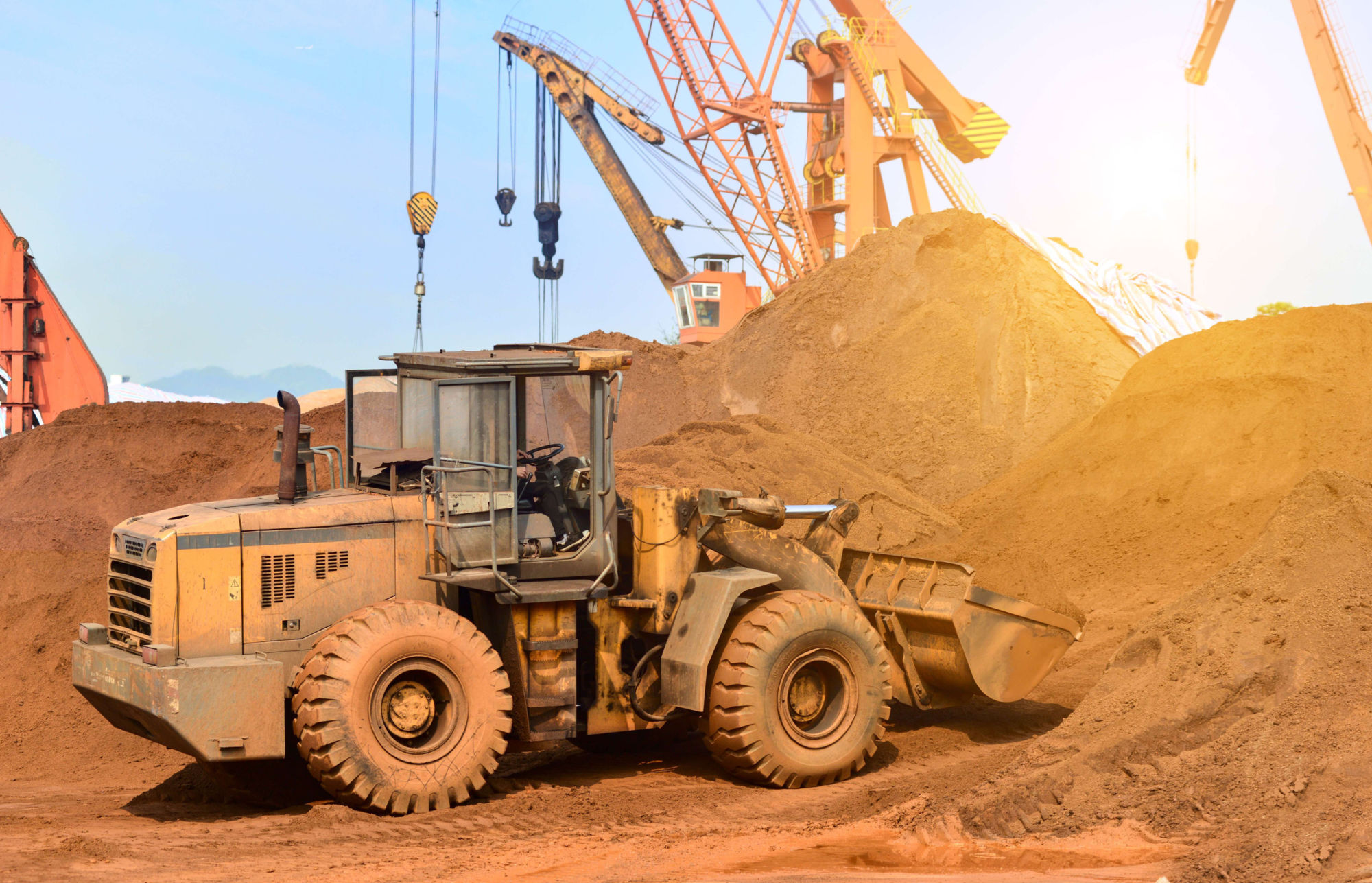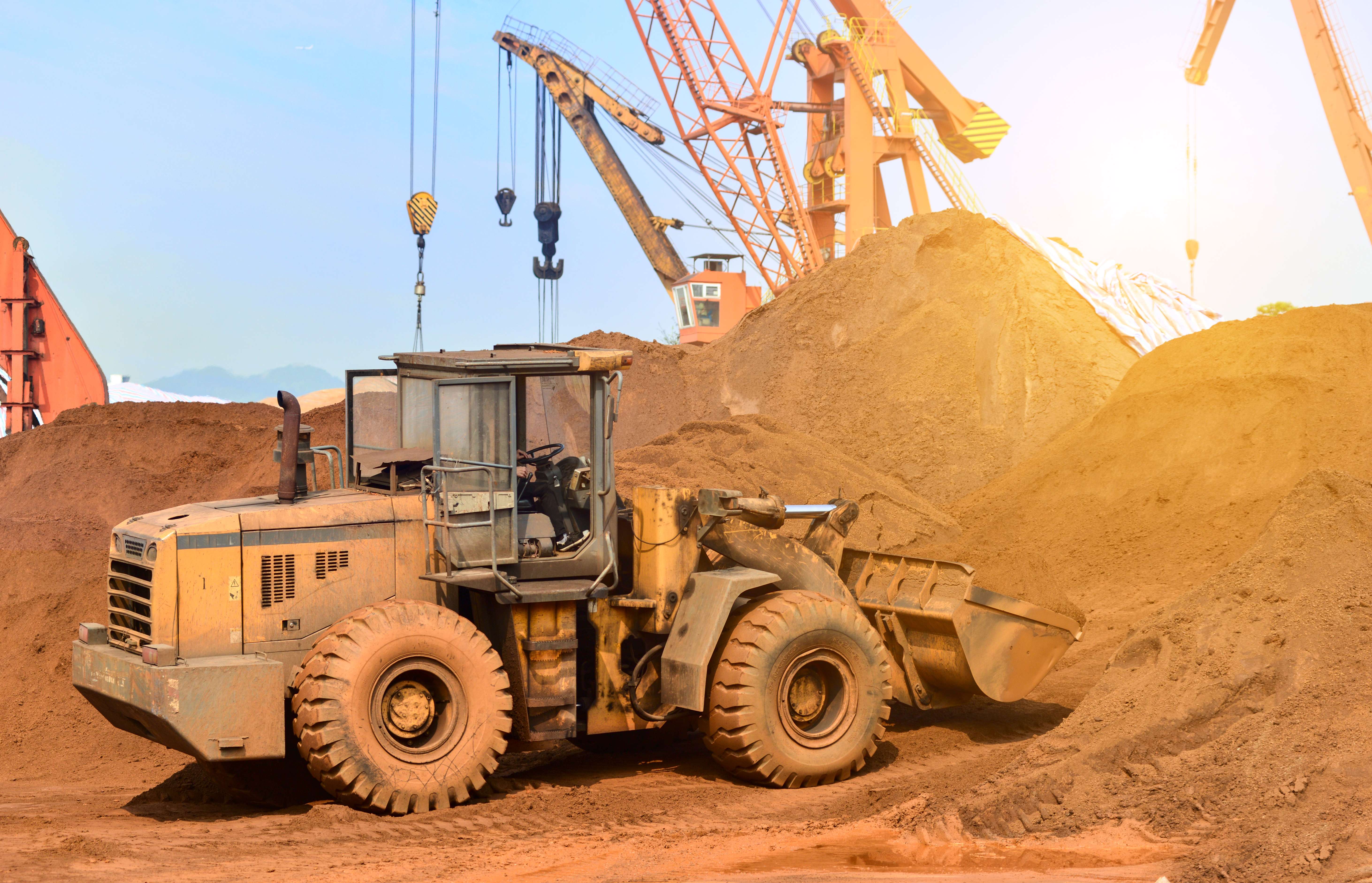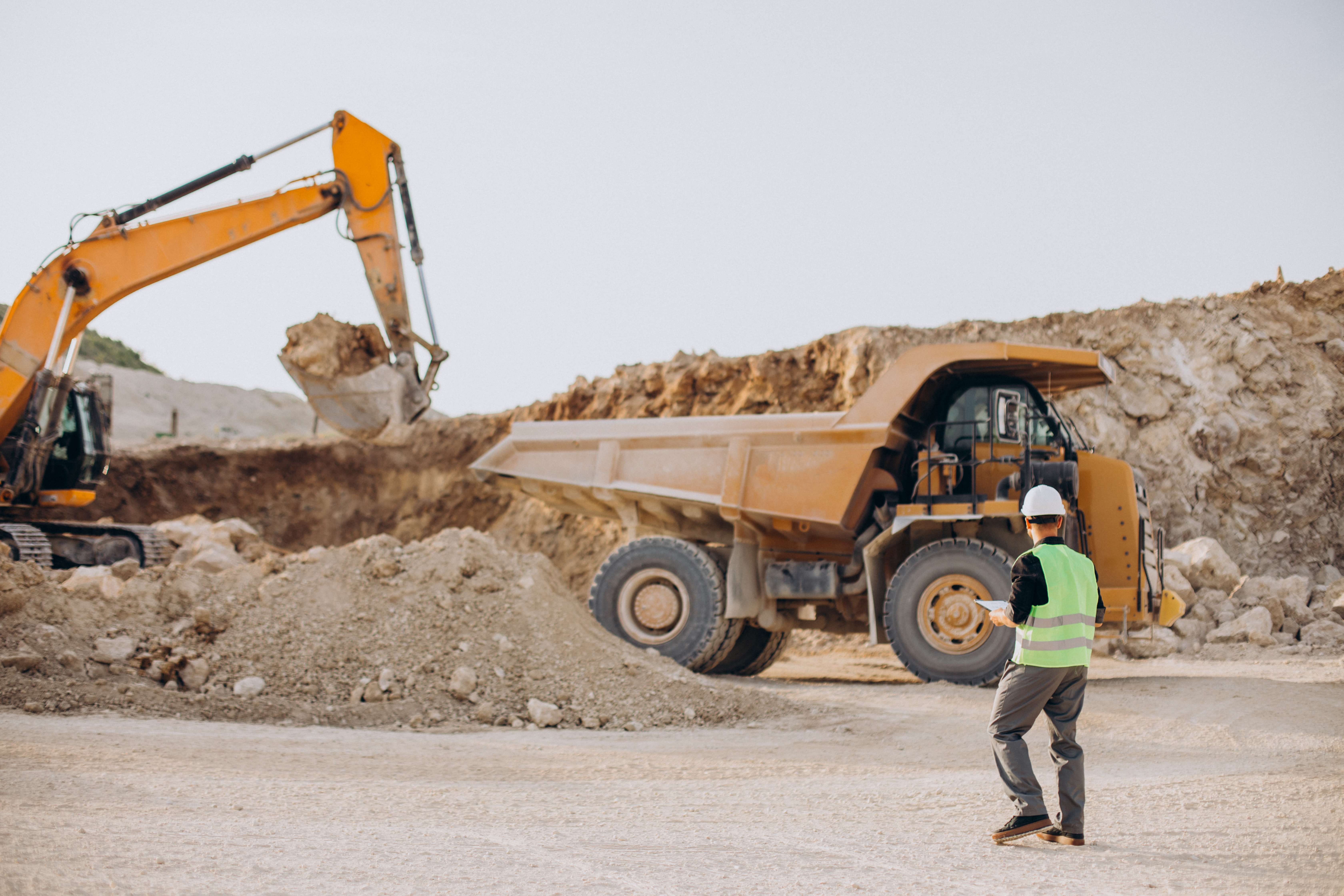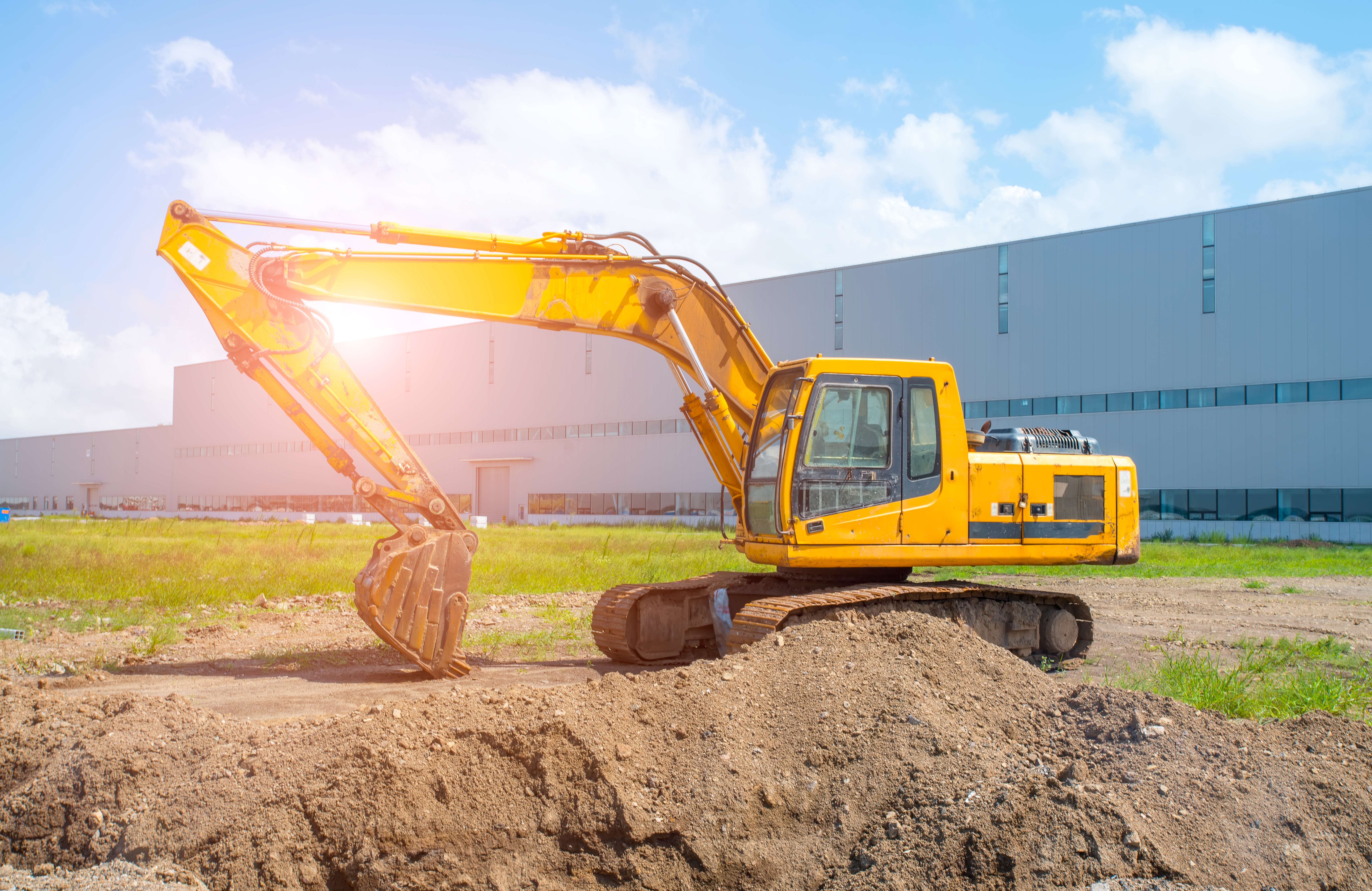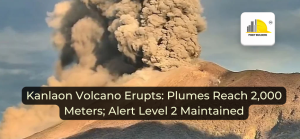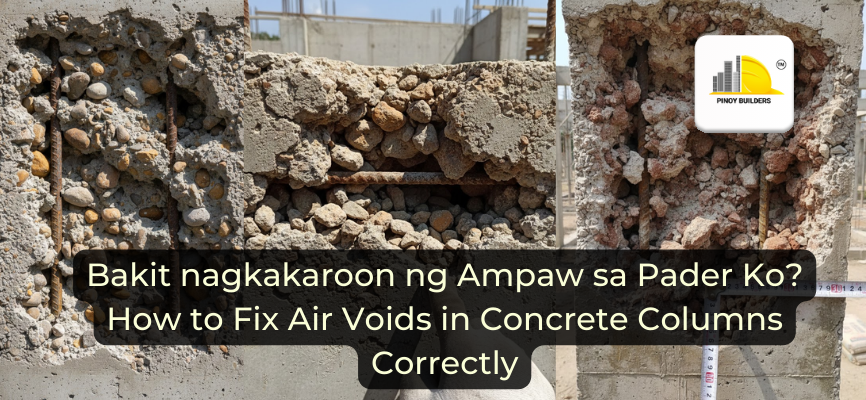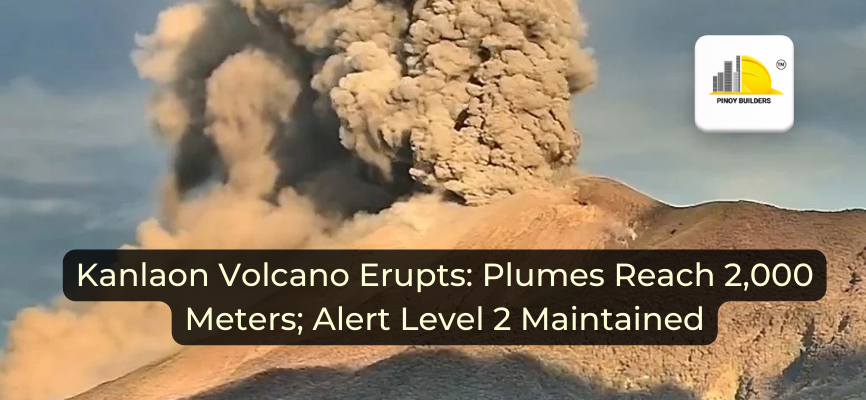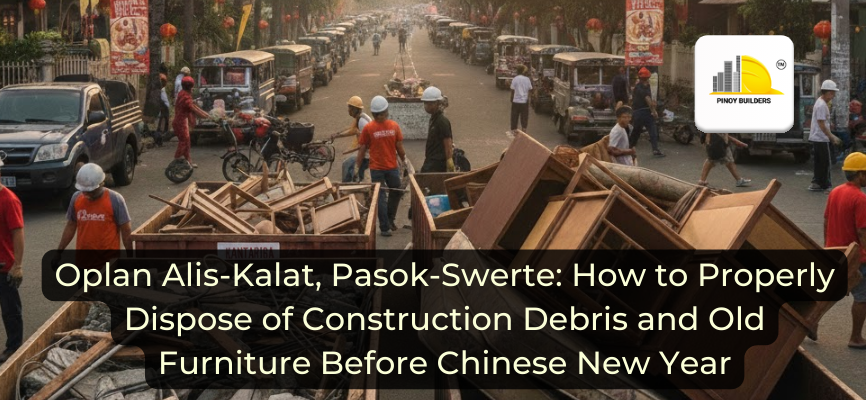Using heavy construction equipment for your company involves several factors, including whether renting or purchasing is more cost effective in the long run.
Construction equipment purchases or rentals should consider the total cost of ownership, as well as other factors.
Photo Courtesy: Freepik
Let’s look at some factors to consider when deciding whether to buy or rent new equipment:
What do we consider when renting or buying construction equipment?
1. Current and future financials.
Purchasing construction equipment is a large, onetime investment. Even if renting initially appears to be less expensive, the cost may rise quickly if you need the equipment for a longer period. It could end up costing more than buying the equipment. Renting may be a preferable option for small enterprises, especially those with limited funds who need to complete a project.
As with big machinery like excavators and earthmovers, you won’t get your money back until you sell it. In those cases, renting equipment might save you money and headaches.
Photo Courtesy: Freepik
2. Capital borrowing power.
If you’re thinking about getting a loan, keep in mind that banks don’t consider the expense of renting equipment to be a liability. You’ll have a capital-equipment debt for the machines you own. Because your rentals are not a balance sheet liability, you can keep a strong balance sheet and borrow more money with construction equipment rental.
RELATED: Pros & Cons of Leasing Construction Equipment
3. Consider interest rates.
Many equipment manufacturers and dealers are trying to make equipment more enticing to business owners by offering cheap loan rates, with some dealers even offering zero percent financing for particular time periods and on purchases of specific quantities.
When compared to buying equipment outright, leasing involves paying interest, which raises the unit’s overall cost. Leasing is frequently more expensive than purchasing the equipment outright, particularly if you purchase the equipment after the lease term has expired. However, some circumstances can give you a more promising deal by getting fixed interest rates on monthly rental fees.
4. Depreciation and resale value.
The resale value of heavy construction equipment depends on the brand and the time of purchase. There should be a consideration for equipment resale value when equipment makers provide low-interest financing options.
Make sure you do your research and compare different brands and models before making a purchase. If you decide to sell one of these devices in the future, you’ll get a higher price than if you’d just bought it new. Rent vs. buy decisions may be affected if you like to replace old equipment regularly, which is why annual depreciation and performance are important considerations.
5. Fleet management.
Fleet maintenance is an essential part of prolonging the life and effectiveness of your equipment, as well as protecting its value for resale or trade-in. Renting may be a better option if your company lacks the capacity to maintain and repair your equipment regularly.
RELATED: Heavy Construction Equipment And Their Uses
6. Do a cost-benefit analysis.
A cost-benefit analysis can also help you assess whether renting or buying construction equipment is the most cost-effective option. Aside from the factors mentioned, the following are some things to remember:
- Cost of new equipment vs. current budget
It’s always more expensive to get new equipment. To begin, look at the difference between renting and buying the equipment. If you don’t have the money to buy heavy equipment, renting may be a better option for your business. Besides being handy, this option allows the company to save money while still having access to needed equipment. Compared to purchasing equipment, renting allows you to forego insurance and maintenance costs.
For many firms, this is the most critical item to consider. Purchasing heavy machinery is a costly process. Consider your long-term needs and costs and your immediate needs when making a purchase decision. Even if you don’t intend to use the item for the full rental period, the expense of renting might be devastating. In addition, when you own equipment, you can recover some of your expense by selling it.
- Estimated cost of machine maintenance over its lifetime
Owning equipment requires regular repairs and maintenance, which increases the expense of maintaining it. Be sure to include insurance, government license, and maintenance, and other running costs when calculating the total cost of equipment ownership.
In addition, the rental rate includes everything you’ll need. Having well-maintained machines is a perk of renting. You won’t have to pay extra for repairs, as they already include maintenance on the monthly payments. However, some rental businesses do not include transportation charges, so be ready to pay for your own transportation.
Photo Courtesy: Freepik
- Transportation cost and capability to store equipment
Properly store all construction equipment to avoid damage. Renting a machine means you don’t have to worry about storage. Because most rental businesses will deliver the equipment to your job site and pick it up when you’re through, you don’t have to worry about transportation fees. The cost of fuel, a driver charge, and the salary of crew members to keep the equipment in excellent working order may come into play while considering whether to move the equipment.
- Duration of the equipment needed
To save money, rent rather than buy when you just need the equipment for a short period, such as six months or less. Renting the machinery provides a better return on investment than purchasing it for a limited period. Flexible rental agreements allow you to rent equipment for as long as you require.
RELATED: 13 Construction Tech Trends to look out for
Verdict
Consider the time you intend to use the device before making a final decision. Even if you plan to use the piece of equipment regularly for the rest of your career, keep renting it instead. Businesses can rent equipment that is often used by builders and contractors. If your company’s operating rate reaches that level, consider purchasing your company’s construction equipment that is often used in large construction projects and building sites.
Based on your evaluation, you may decide whether it is better to buy new equipment or rent it.
CITATIONS:
- Campbell, D. (2020, September 24). Construction Equipment Rental or Purchase. Modern Contractor Solutions. https://mcsmag.com/construction-equipment-rental-or-purchase-how-to-decide-whats-best-for-your-business/
- info.projectestimate. (2019, August 11). EQUIPMENT and TOOLS RENTAL RATES. TheProjectEstimate.Com. Retrieved November 21, 2021, from https://www.theprojectestimate.com/equipment-and-tools-rental-rates/
- P. (2020, November 18). heavy equipment price list philippines –. PHILCON PRICES. https://philconprices.com/tag/heavy-equipment-price-list-philippines/
- When to Rent Construction Equipment Instead of Buy | The Cat Rental Store. (n.d.-a). The Cat Rental Store. https://www.catrentalstore.com/en_US/blog/when-to-rent.html
![]()


